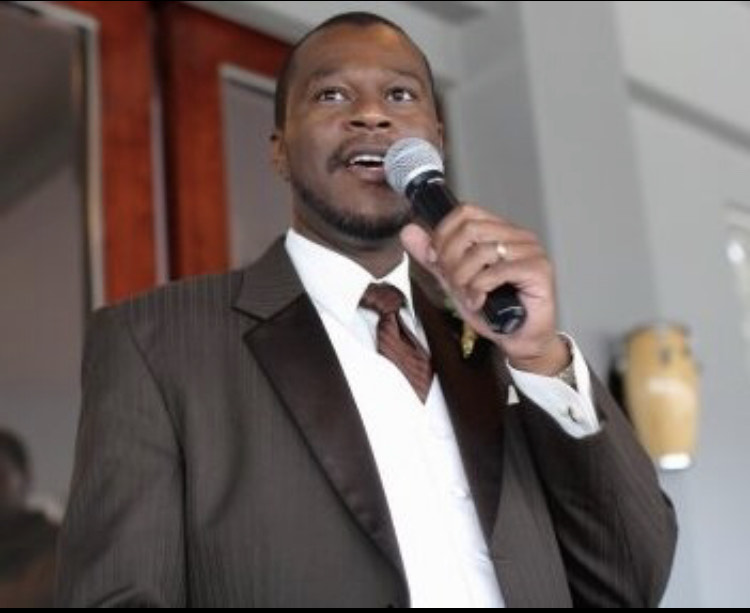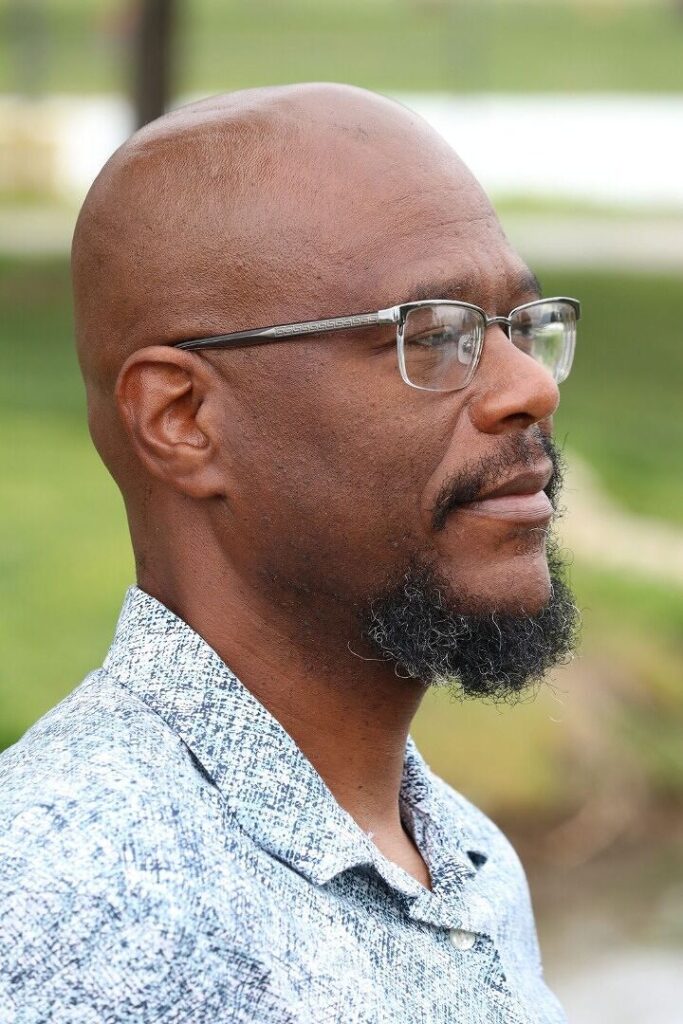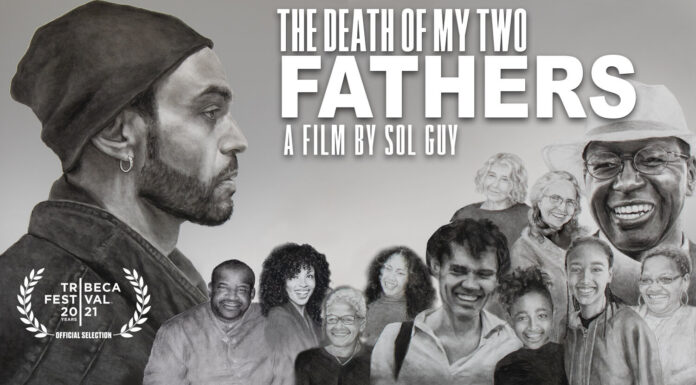( ENSPIRE Entertainment ) Robert Brown’s Self-Improvement Book Combats Insecurity About Adulthood for Young Men
ENSPIRE Contributor: Daniel Garritson
For young men, entering adulthood can be a struggle to establish a sense of self while separating themselves from their families. Sometimes they are caught up in the escalating expenses of life to the point that they can’t contemplate their long-term goals. Dr. Robert Daylin Brown’s critically acclaimed book “Joker to King” offers guidance and support to young men transitioning into adulthood. Dr. Brown developed the “Joker to King” program based on the 52 cards in a deck of playing cards. Each represents 52 weeks in a year and aims to provide weekly lessons to help young men become mature, happy, and healthy individuals.
Robert Daylin Brown is a writer, men’s development coach, and college professor in southern California with over 25 years of experience in education. He is also the former west coast regional director and current executive board member of Groove Phi Groove Social Fellowship Incorporated, an organization increasing the college graduation rates of black men while promoting ethical standards, academic achievement, social fellowship, and service to underserved communities.

At ENSPIRE, we interviewed Dr. Brown on his Joker to King program and the associated book, and what it offers young men transitioning into adulthood.
At what point in your life did you know you wanted to work as a development coach for young men?
The Joker to King book was originally intended as a personal project years ago for my younger brother who was struggling in his life. He was 21 years old, and he asked me to help teach him how to be a man. I have worked in education all my life, and my brother challenged me with creating an actual curriculum with research and assignments that teach young men step by step how to develop a healthy sense of manhood. That curriculum became the first edition of Joker to King published in 2016. Three years later, I entered a very intensive coach training program, and it was there in the program that I focused on working with young men as a personal development coach.
How important do you believe mentorship and positive role models are in developing goals and good habits for young men?
Role models and mentors are extremely important. I believe in it so much that Joker to King has two entire chapters on the need for young men to establish relationships with mentors, role models, and sponsors. Experts tell us that the quickest and most effective way to reach your goals is to spend as much time as you can with someone who has already done what you’re trying to do.
Your “Joker to King” program is based around the 52 cards in a deck and is aligned with the 52 weeks in a year. To what extent does the “playing card” theme affect the program itself?
The four suits in a deck of playing cards represent the four pillars of healthy manhood. The SPADES in the deck represent the lessons on managing your mental health, including lessons on integrity, confidence, work ethic, and discovering your purpose. The DIAMONDS in the deck represent the lessons on managing your financial health, including lessons on budgeting, investing, retirement, debt reduction, and identifying your emotional attachments to money. The CLUBS in the deck of cards represent the lessons on managing your personal space and the way you move in the world. These are lessons such as traveling, cooking, grooming, buying a suit, becoming an antisexist, and understanding men’s relationship to violence. Finally, the HEARTS represent the lessons on managing your relationships, including lessons on dating, parenting, finding mentors, mastering small talk, setting boundaries, and removing toxic people from your life.

The newest edition of your “Joker to King” book has included alterations to use healthier and more inclusive language. Can you discuss some changes you made to achieve this?
After the publication of the first edition, I began having my own life issues. My health started deteriorating, my marriage began falling apart, my father passed away, and a promotion at my job brought on tons of new stress. I began going to therapy; I began my training as a personal development coach, and I started making changes to turn my life around. After my divorce, I began a new relationship with a loving and caring woman who was on her own journey of healing. And that’s when a new vision of Joker to King was conceived. I learned even more about trauma and mental health, and I learned to broaden my conceptions of manhood to include my LGBTQ+ readers who may have felt excluded from the first edition of the book. I even created a gender-neutral version of Joker to King to use for all the students I teach in my college courses.
The new edition includes added chapters on antisexism and men’s relationship to violence. These can be heavy topics that some men find intimidating to confront; how did you tackle their inclusion in your book?
You’re right about these topics being intimidating to confront for some men. For those two topics specifically, I realized I had to meet young men where they are. Instead of preaching to them or telling them what I think they should or should not do, I began with questions and stories. For example, in the chapter on violence, instead of saying that violence is a bad thing or a good thing, I began with a set of simple questions. Why are 90% of all murderers men? Why are 99% of all sexual assault and rape cases committed by men? Why do men commit suicide at three to four times the rate of women? In my classes with college students, these become conversations and discussions led by the students themselves rather than by me. But in the book, the conversation is one-sided, so I include responses from the students (as well as responses from psychologists and researchers). The same is true for the chapter on antisexism. I include responses from students so that the readers can relate to others of the same age. And each chapter of the book includes homework or writing prompts to have the reader reflect on their own beliefs and experiences. The bottom line is that if we avoid discussing heavy topics, we will eventually avoid understanding heavy topics.
How integral to your style of development coaching would you say your own personal struggles and growth have been?
My own struggles and healing are extremely integral to my style of coaching. I have been through most of the same struggles that my readers go through because these are universal struggles that come with just being human. Joker to King is the closest thing we have to an actual manual to help young men navigate that transition from adolescence to adulthood in healthy ways. Our society has done a huge disservice to men by socializing them to stuff down their feelings, eliminate their vulnerability, and avoid expressing their struggles. My purpose is to change all that. My purpose is to establish a nationwide Joker to King movement, so when people hear the phrase “Joker to King,” they immediately think of healthy manhood.

His Joker to King program has been a huge success since its initial release in 2016, achieving the #1 spot in Amazon’s self-help category. After a period of personal transition that included divorce, a new job, a new home, and new marriage, Dr. Brown updated “Joker To King” to use more inclusive and healthier language. He has also added new chapters on antisexism and men’s relationship to violence.
“I’m excited to release Joker to King, which I believe has become more relevant than ever,” said Dr. Brown. “It’s my hope that this newer edition will help young men navigate the world as healthy and confident adults.”
Related Articles: “Mind Your Business, Brother” Hosted for Black Men’s Mental Health, Emerging Author Kevin Quattlebaum and “Urban Streets”










